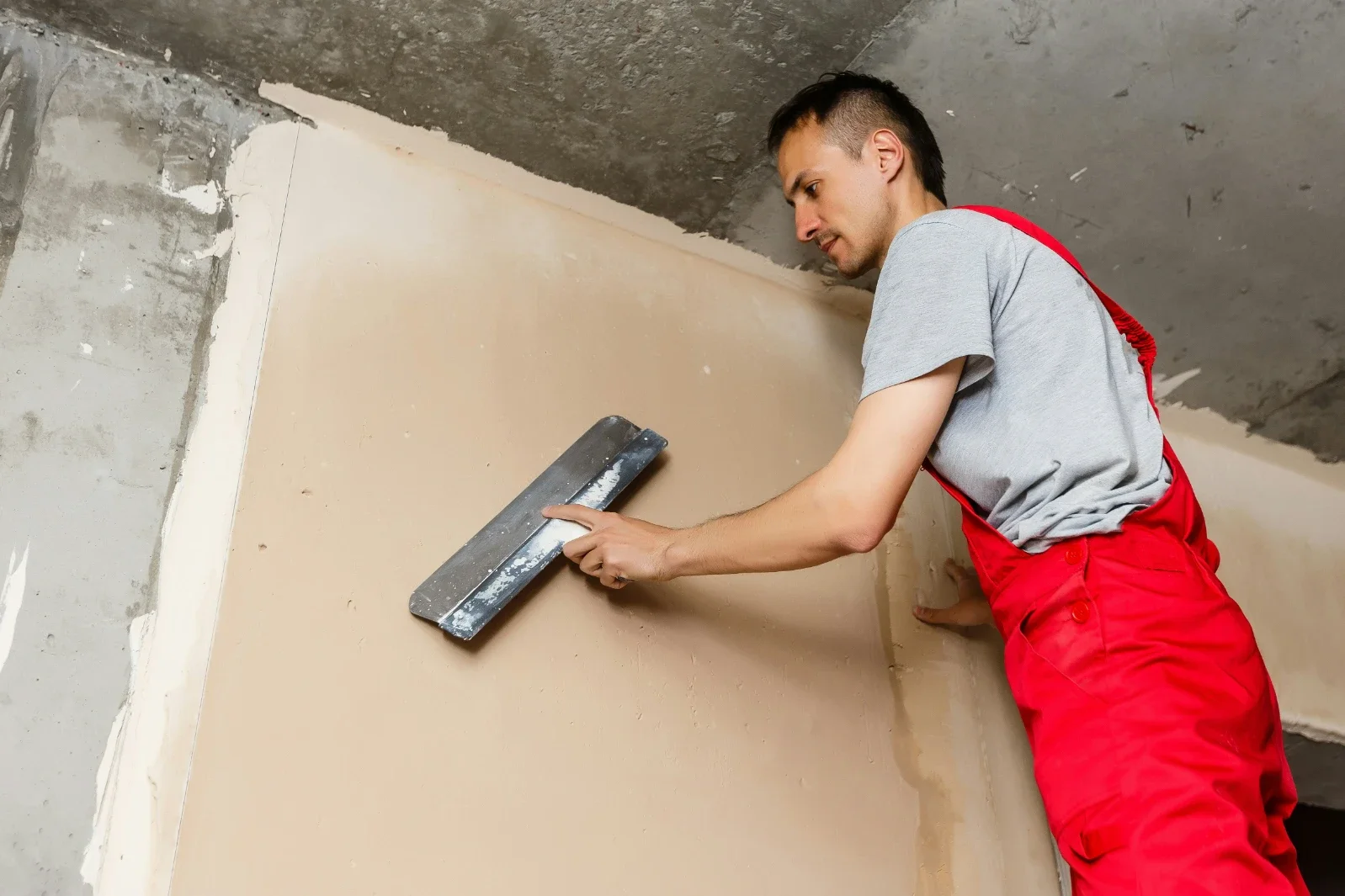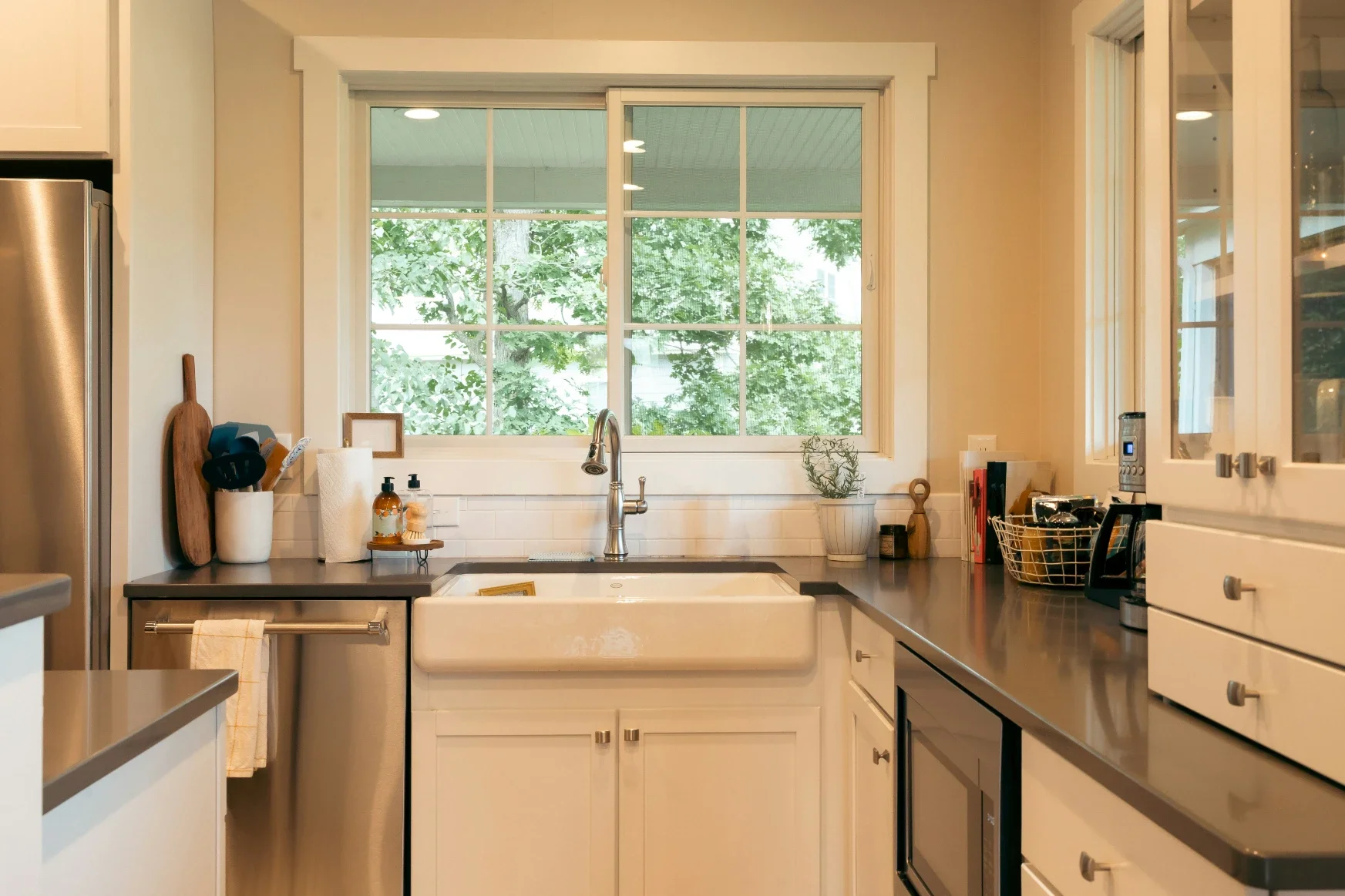The Importance of Having a Reliable Workbench in a Workshop
A reliable workbench is the backbone of any workshop, offering stability, efficiency, and organization to handle projects with ease and precision.
If you spend much time building or fixing things, you know the workbench is the backbone of any good workshop. Without a solid spot to cut, drill, or put things together, even the most talented hands run into limits fast. The right bench gives you more than just a place to work - it helps keep things steady, safe, and stops your workspace from turning into chaos.
The Workbench as the Foundation of Productivity
Try hammering, sawing, or piecing furniture together on a flimsy table and see how fast the frustration builds. Projects drag out, mistakes pile up, and eventually you just want to give up. A high-quality workshop workbench stays level and true, which means your cuts stay precise and your measurements mean what they should.
But a bench can be a lot more than a flat board with legs. Add some drawers, shelves, and a tool rack, and suddenly everything you need is right where you left it. It's not just a background prop - the bench shapes the way you get things done.
Safety Starts with Stability
It's easy to forget how much rides on stability until something goes wrong. Try using a power saw on a bench that rocks, and you're asking for trouble. Everything - from hand tools to clamps - needs a steady base. If your bench moves, so does your project, and accidents start to happen. That's when injuries show up.
A bench you can rely on isn't fancy; it's just built right. Thick metal frames, strong legs, and feet that grip the floor - those aren't extras, they're must-haves. The tougher the bench, the more weight you can handle safely, whether it's car parts, big hunks of wood, or delicate gear that can't afford a slip. Safety starts, plain and simple, with the bench.
Pick the wrong bench, and you're asking for headaches - plus you'll probably waste some cash. Welding on a wooden bench? That's basically tempting a fire. Try doing detailed electronics work on a huge chunk of steel, and suddenly every movement feels awkward. Your bench has to match the work you do, or you'll end up fighting with it, not working on it.
Materials That Make a Difference
A workbench lives by what it's made from. Cheap materials get battered fast. Good ones hold up through dropped tools, heavy blows, or steamy summer workshops.
Wood has a long track record. Maple and beech are tough - their dense tops can take pounding, endless clamping, and planing without turning into a dented mess. That's why you see these in woodshops everywhere.
Steel benches are everywhere in industry. Thick, powder-coated frames with steel or heavy composite tops laugh off serious abuse. They don't warp, don't really care about heat, and carry heavy loads without groaning. Sometimes you'll see benches made of particleboard coated in tough resin - cheaper, smooth, and still pretty sturdy. You pick depending on what you want: price, toughness, or workability.
Storage and Organization Benefits
A bench isn't just a place to hammer things - it's got to help you find your stuff. Drawers, shelves, and pegboards: all these built-in organizers make any bench way more useful. Without them, tools end up everywhere - usually missing when you need them most.
If you're juggling a bunch of projects, storage isn't a luxury; it's how you stay sane. Dividers keep little bits sorted, deep shelves swallow big tools, and a pegboard makes grabbing a hammer instant.
Ergonomics and Comfort in Long Sessions
Strength matters, but so does how a bench feels to work at all day. Ever spend hours hunched over something that's just a hair too low? You'll feel it in your back, and you'll lose focus. The right height, matched to whoever's using it, quietly fixes most of that.
Most people want a bench around 36 inches high, but taller DIYers might need 38 or 40. If you're assembling tiny parts, a bit lower makes sense. Adjustable models cost more, but the flexibility is unbeatable - especially if more than one person uses the space. Don't shrug off comfort; create an ergonomic working space to avoid unnecessary traumas.
Durability and Longevity Considerations
A good bench should stick around for decades. You can spot cheap ones right away - thin frames, wobbly joints, questionable finishes. Those get tossed after a few years, no matter what the price tag says. Heavy-duty steel, real hardwoods, proper welds - these last. The best benches get passed from one owner to the next, with little more than a few new scratches. It's just not worth saving a bit up front if you'll be replacing the thing over and over.
The Role of Customization
No two workshops are exactly alike, which is why so many people tweak their benches. Maybe you can add wheels so you can roll yours around, bolt on a power bar, or outfit it with extra vices. Some go further, building modular benches with swappable tops for wood, metal, or assembly work. All these tweaks keep a bench from holding you back - and let it grow as your projects get more complicated. If a bench can't keep up, that's when frustration sets in.
Cost Versus Value
Plenty of people look at the price tag and nothing else. That's usually a mistake. A cheap bench that falls apart or doesn't do what you need? You'll pay with both money and wasted time. A pricier bench, if it lasts and works better, pays back every day you use it.
It's not just about longevity. Better benches make your work safer, faster, and less annoying. Most pros figure out pretty quickly that the bench shapes everything else - they don't see it as an extra cost. It's what keeps the whole shop running.
Conclusion
A shop without a solid bench? That's like trying to cook with no stove at all. You might muddle through, but nothing really clicks. If your bench fits your work, lets you find your tools, and feels right during long days, you'll see the difference in every project. Whether you're new to DIY or have been building for a lifetime, picking a bench that sticks around is about the smartest move you can make. Over time, it's easy to forget how much it matters - right up until you need it most.






























